
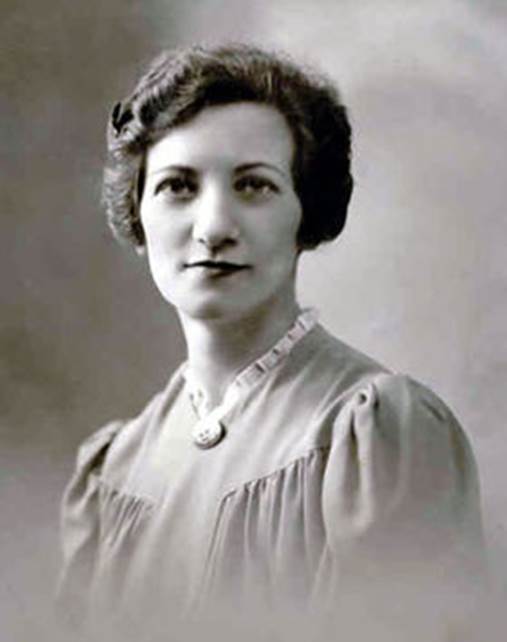
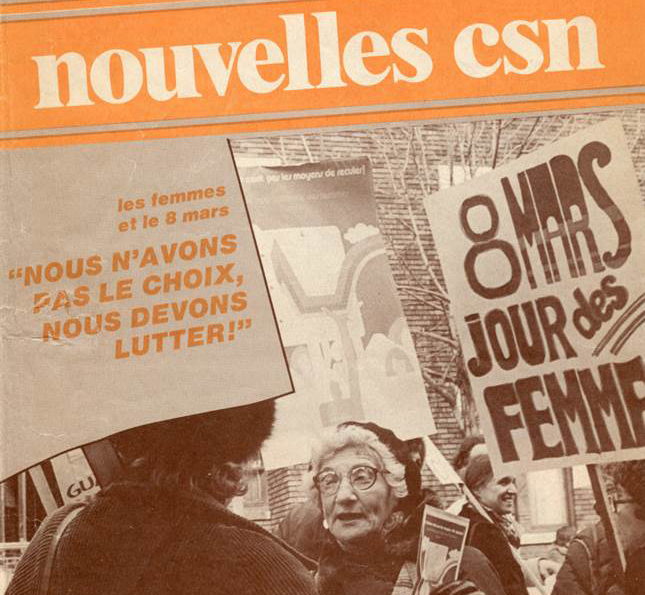
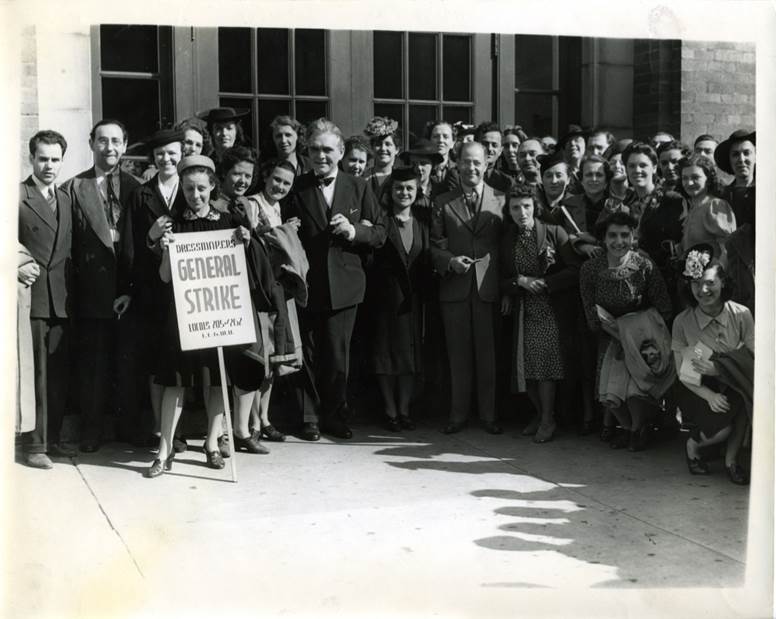
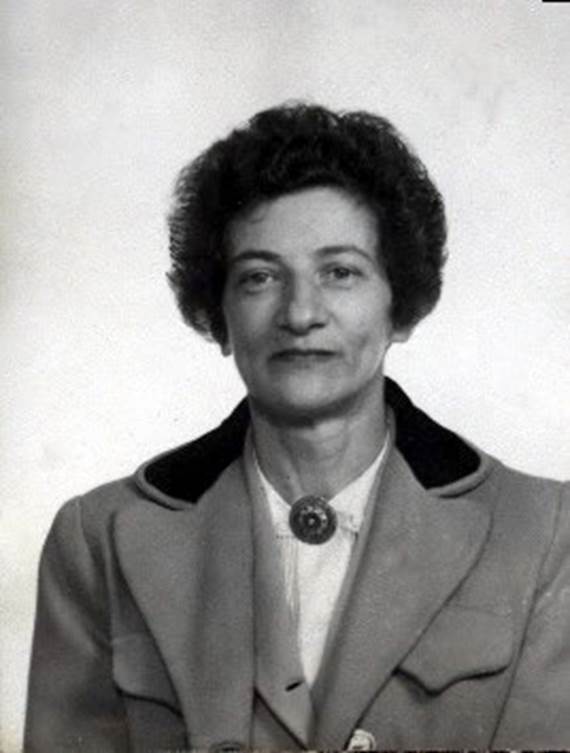
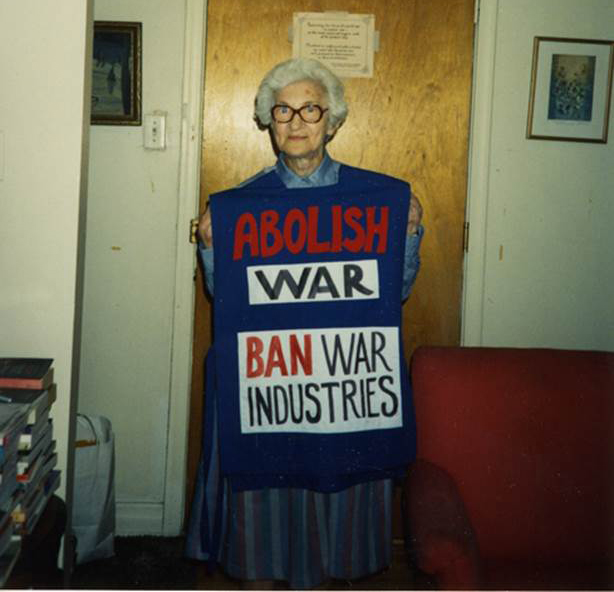
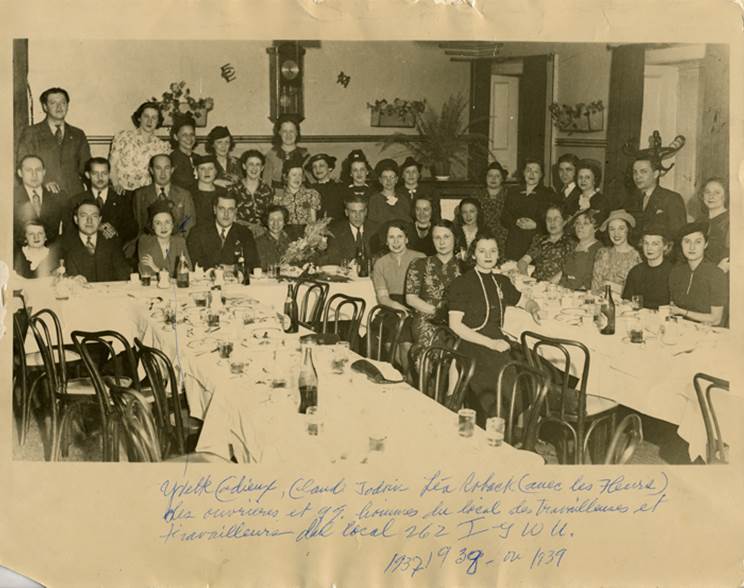
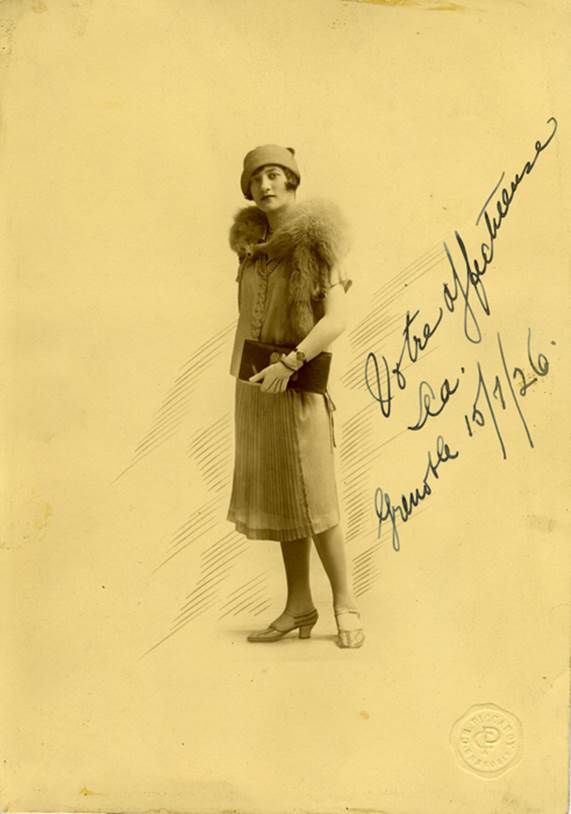
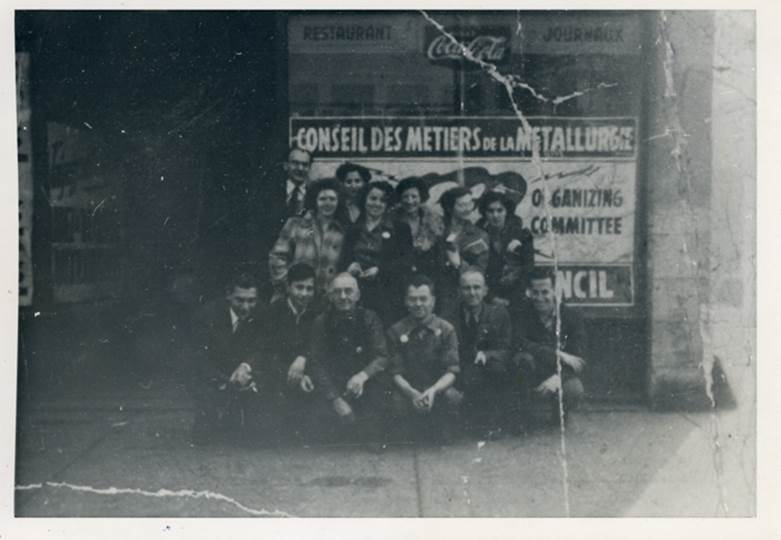
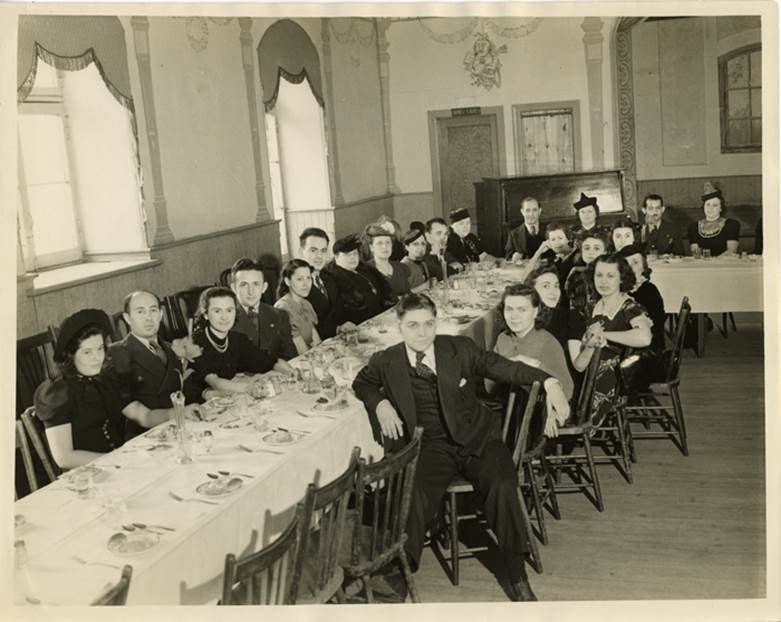
Léa Roback was a famed human rights and social justice activist, feminist and labour organizer in Quebec.
Roback was the second of Polish immigrants Fanny and Moses Roback’s nine children. Born in Montreal, she spent her childhood in Beauport, Quebec, where her parents ran a general store. The observant Jewish family spoke Yiddish at home, and French or English otherwise. Roback was able to switch back and forth freely between languages, a skill that proved useful in her work with labour organizations. When she was 14, the family returned to Montreal, and she began working in the city’s factories two years later. It was at this point that she became acutely aware of the inequality between Montreal’s affluent English-speaking families and the mostly French and Jewish working class.
Roback spent time in Berlin and the USSR before returning to Montreal in 1932, and finding work as a youth group director at the Young Women’s Hebrew Association, where her mentor was Saidye Bronfman (Sam Bronfman’s wife). In 1935, she managed the Modern Bookshop on Bleury Street, the first Marxist bookstore in Quebec, which became a gathering place for local radicals. That same year, she coordinated Fred Rose‘s bid for election; eight years later, he became the first communist elected to the House of Commons.
Roback was a fixture on the streets, protesting for a variety of interrelated movements. In 1936, she was recruited by legendary women’s suffrage leader, Thérèse Casgrain, to support her work in obtaining the vote for women in Quebec as a founder in La Voix des Femmes. In 1937, Roback was a leader – along with organizers such as Rose Pesotta and Bernard Shane – in orchestrating 5,000 women walking off the job from the garment industry factories of Montreal for three weeks to improve work conditions; this led to the creation of the International Ladies Garment Workers’ Union (ILGWU), Local 262. During the war years, she began working for the Radio Corporation of America (RCA Victor) and became an organizer for the United Electrical Workers, where she was able to acquire the first union contract for 4,000 workers. In her later years, she left the Communist Party, but continued to organize for causes including abortion rights, anti-racism, housing access, education, pay equity, South African apartheid and the Vietnam War. Her commitment to social justice and human rights inspired her work with numerous organizations, including anti-nuclear and anti-war groups, and Québec Aid to the Partially Sighted.
Roback’s dramatic life was the subject of filmmaker Sophie Bissonnette’s 1991 documentary, on Léa Roback: Des Lumières dans la grande Noirceur (A Vision in the Darkness) with Productions Contre-Jour, and her interviews with Madeleine Parent were published by Nicole Lacelle in 1988, by Éditions du remue-ménage.
There is a street bearing Roback’s name not far from the site of the original Radio Corporation of America plant in St-Henri, Montreal.
Special thanks to the Jewish Public Library Archives.
Learn More:
http://www.fondationlearoback.org/bioen.htm
https://www.youtube.com/watch?v=8cSlMHrWPzQ

